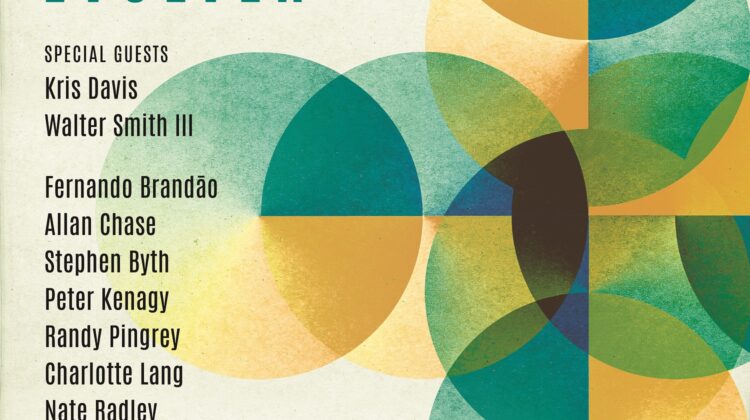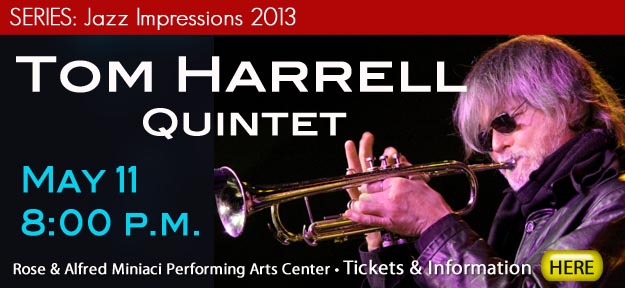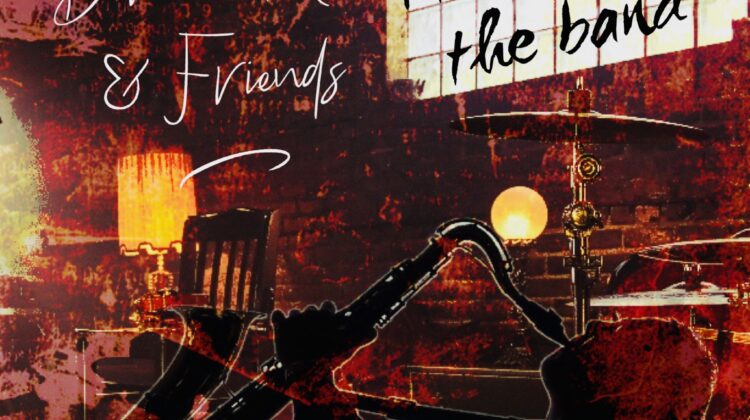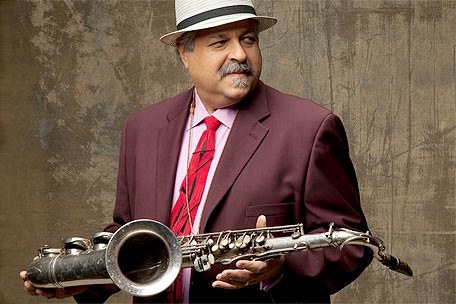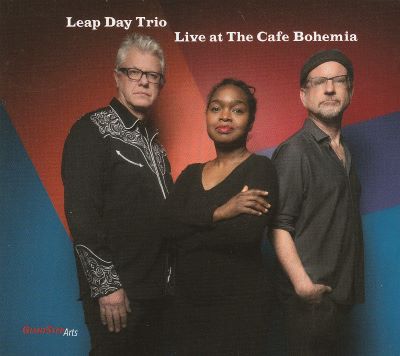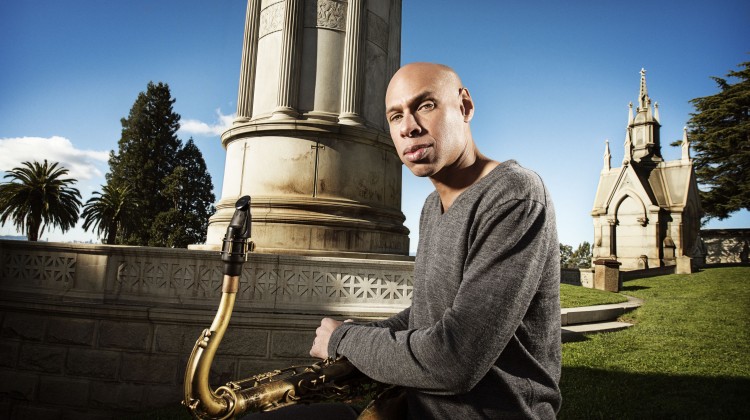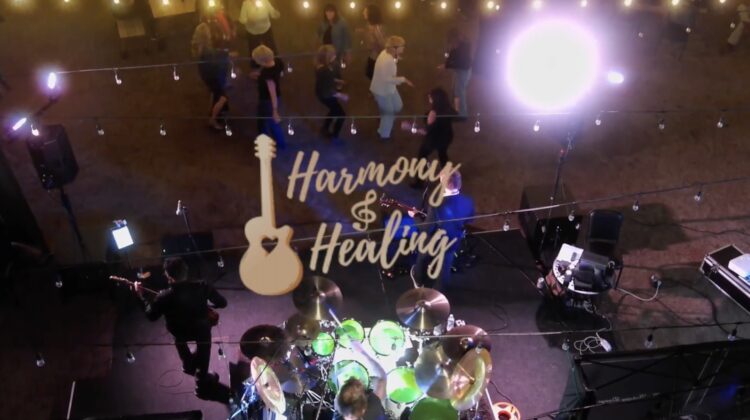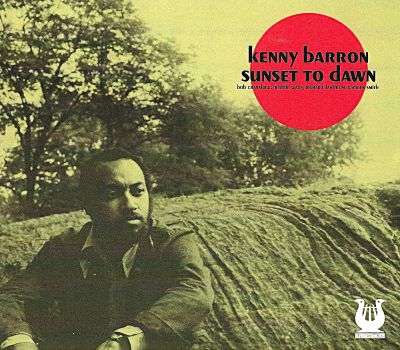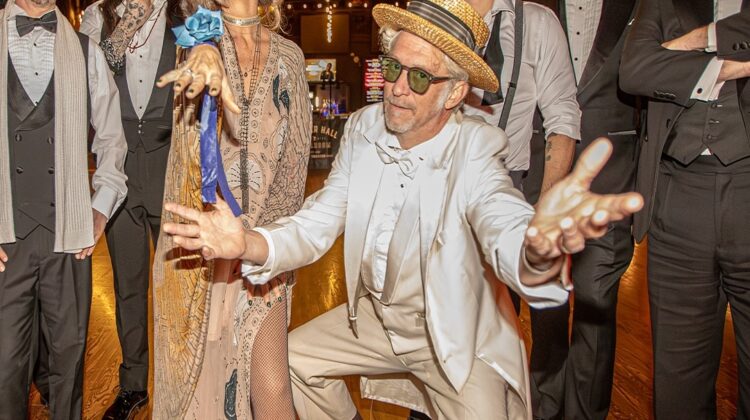“No music is my music. It’s everybody’s who can feel it. You’re here… well, if there’s music, you feel it–then it’s yours too. You got to be in the sun to feel the sun. It’s that way with music too.”
“Jazz isn’t just me. It isn’t just any one person who plays it. There’ll always be Jazz. It doesn’t stop with me, it doesn’t stop anywhere. You take a melody… people can feel a melody… as long as there’s melody there’s Jazz, there’s rhythm.”
“Jazz, that’s a name the white people have given to the music.”
“Jazz could mean any damn’ thing: high times, screwing, ballroom. It used to be spelled Jass, which was screwing.”
“My race, their music… it’s their way of giving you something, of showing you how to be happy. It’s what they’ve got to make them happy.”
“That music, it wasn’t spirituals or blues or ragtime, but everything all at once, each one putting something over on the other.”
“All those people who had been slaves, they needed the music more than ever now; it was like they were trying to find out in this music what they were supposed to do with this freedom: playing the music and listening to it–waiting for it to express what they needed to learn, once they had learned it wasn’t just white people the music had to reach to, nor even to their own people, but straight out to life and to what a man does with his life when it finally is his.”
“People think you got to play music to understand it. That isn’t right; all you’ve got to have is a love for it.”
“What he played, it wasn’t really Jazz… he stuck real close to the line in a way. He played things more classic-like, straight out how it was written. And he played it very serious.”
“There wasn’t none of those growls and buzzes which is a part of ragtime music, which is a way the musicianer has of replacing different feelings he finds inside the music and inside himself.. all those interpreting moans and groans and happy sounds.”
“And that’s what counts… having a way that is your own… all the way to you from inside your own self.”
“And that’s the way it has to be. There ain’t no one can write down for you what you need to know to make the music over again. There ain’t no one can write down the feeling you have to have. That’s from inside yourself, and you can’t play note by note like something written down. The music has to let you be… you’ve got to stay free inside it.”
“You know, there’s this mood about the music, a kind of need to be moving. You just can’t set it down and hold it. Those Dixieland musicianers, they tried to do that; they tried to write the music down and kind of freeze it. Even when they didn’t arrange it to death, they didn’t have any place to send it; that’s why they lost it. You just can’t keep the music unless you move with it.”
“I don’t care what you say, it’s awful hard for a man who isn’t black to play a melody that’s come deep out of black people. It’s a question of feeling.”
“Because all that writing down, all those notes on paper, they was only trying to write down the atmosphere we were in when we were adding parts spontaneous.”
“There was always some musicianer who knew how to smile right from inside himself and still be great. Duke Ellington, he’s one like that.”
“The blues, and the spirituals, and the remembering, and the waiting, and the suffering, and the looking at the sky watching the dark come down–that’s all inside the music.”
“And somehow when the music is played right it does an explaining of all those things.”

